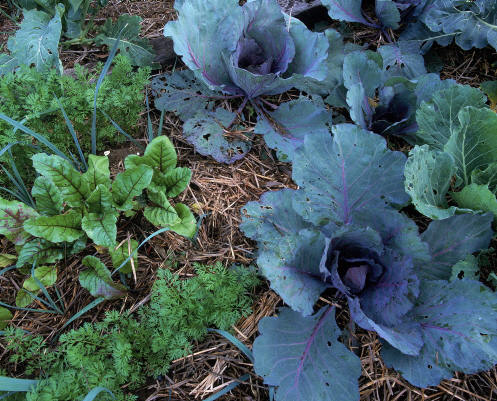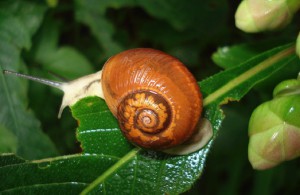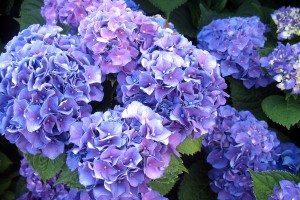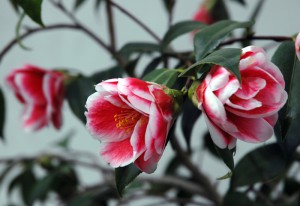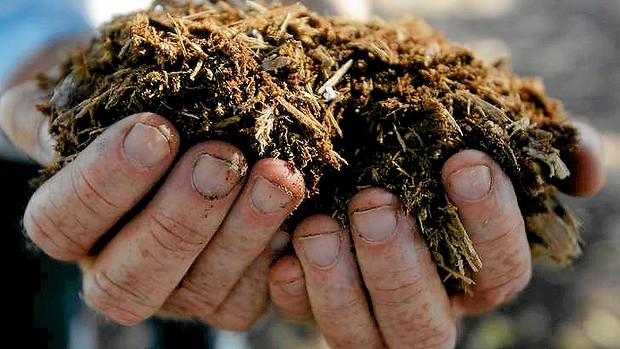
In our climate, mulching is one of the most sensible, cost effective treatments you can apply to your garden for all round positive results. Using the right mulch and using it the right way, can reduce the need to water by up to 60%, improve soil conditions, help minimize the need for manual weeding or herbicides and nourish your garden.
Your options for mulching are organic and inorganic. The inorganic mulches are pebbles, scoria and gravel – these should be used judiciously as they can be a challenge to maintain in some situations. Organic mulches range from lawn clippings, leaf litter, cubed mulches, baled lucerne or pea straw to the hardier composted bark mulches.
Organic mulches are your best option for overall garden health; as they slowly breakdown they encourage microbial activity and worms, which in turn nourish and oxygenate the soil as well as adding organic matter and improving soil structure. Good mulch will secure moisture in the top layer of the soil and discourage weeds, which compete with plants for nutrients and water.
Lawn clippings and leaf litter are a handy option, however are better put to use in the compost, as they are yet to breakdown. Using them as mulch can have the unwanted side effect of reducing the nitrogen in your soil, as the little microbes that will do the composting require nitrogen to go about their business. This is called nitrogen drawdown and anything that is not fully composted before adding to the garden can have this effect. It can however, be easily counteracted by applying a good fertilizer.
Cubed mulches, which are a chopped pea straw or lucerne, are easy to spread but will soften and break down quickly so are excellent as soil conditioners but not a mulch with any long term prospects.
Baled lucerne and pea straw are another great option, especially in productive garden beds as they supply all the benefits of good mulch but can be easily dug in to the soil at the end of a season to add essential organic matter. They are also inexpensive, easy to come by and easy to handle. Ordinary hay should be avoided, as it will invariably carry unwanted seeds.
If you are going for the bark mulch option, always choose composted bark mulch and select the grade or ‘coarseness’ carefully. Fine grade mulch can actually act as a barrier to water as it compacts and can also form a seedbed for unwanted weeds. The mulch should be medium to large grade and spread up to 7.5cm deep. These larger particle mulches allow water to trickle through to the soil and do not compact over time. Most of the bark mulches available to us are by products of the pine industry, which is an advantage, as these products tend to acidify the soil as they decompose which is great, as most plants prefer a neutral to lower pH soil.
Happy mulching!
